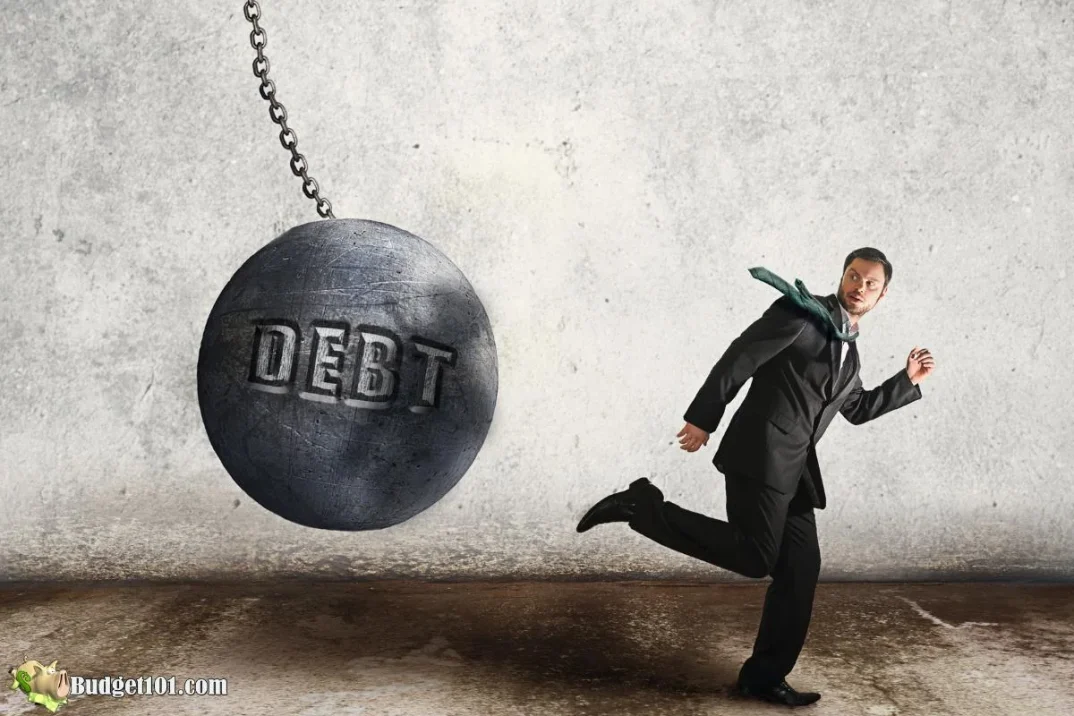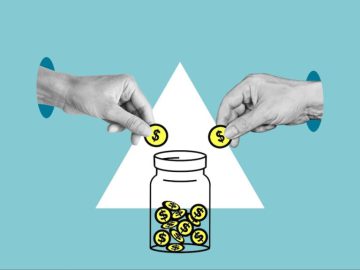Debt can feel like a dark cloud hanging over your life. Trust me, I’ve been there, done that, and got the t-shirt. But there are several surprisingly legal strategies you can employ to manage or even escape it. Here are eight unconventional yet effective approaches!
8 Surprisingly Legal Ways to Escape Debt
1 Leverage Statute of Limitations
Each state has a statute of limitations on debts, which means creditors can’t sue you to collect after a certain period.
While the debt doesn’t disappear, and you still owe the money, creditors can’t take legal action after this period.
Research your state’s laws to understand how this might work for your situation. By the way, don’t expect them to send you a congratulatory notice; you’ll have to dig for this info yourself.
Learn more about how statute of limitations can work in your favor.

2 Debt Settlement
This involves negotiating with your creditors to pay a lump sum that is less than the total you owe. It’s a practical approach if you have some cash available.
Creditors often prefer to recover a portion of the debt rather than risk receiving nothing, especially if bankruptcy is a possibility.
Here’s a tip: Be ready to play hardball, but keep it classy. For negotiation strategies, check out debt settlement techniques on Budget101.
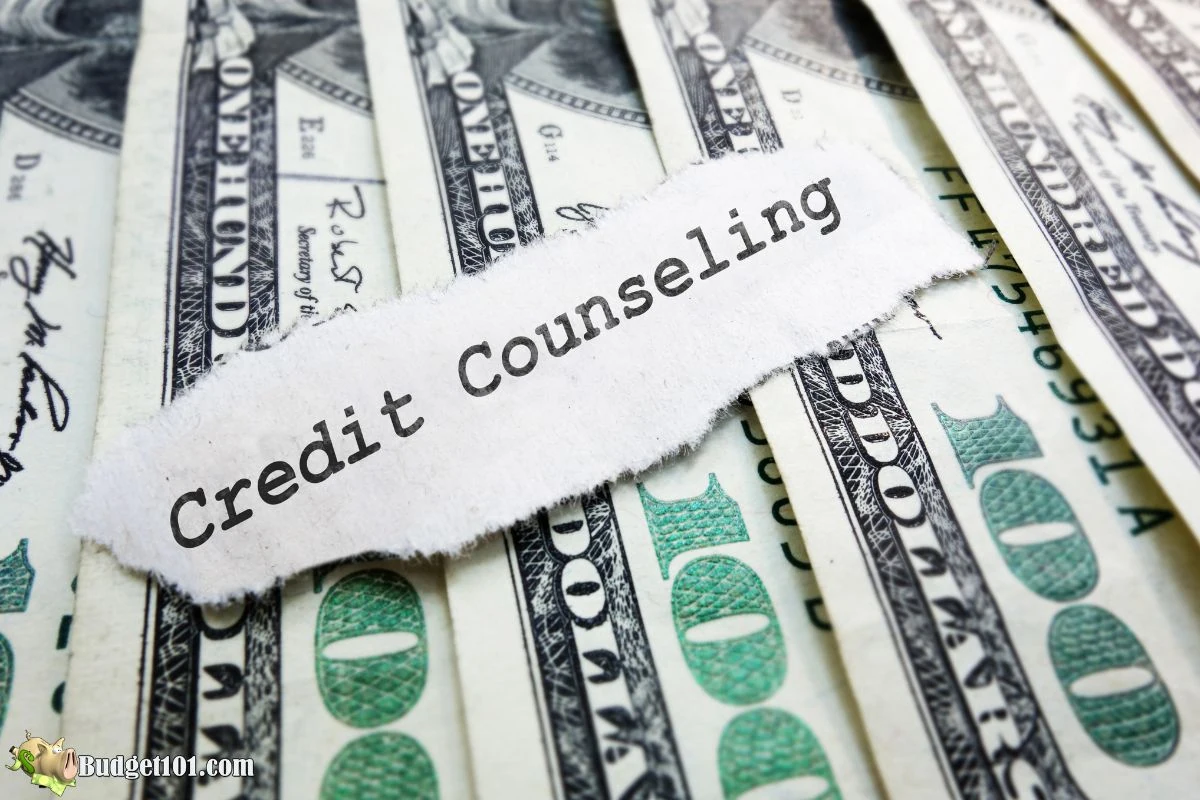
3 Credit Counseling
Credit counseling agencies can help you consolidate your debts and lower your interest rates.
This doesn’t reduce the total amount you owe but can make it easier to manage your payments and potentially pay off your debt faster.
Pro Tip: Make sure you pick a non-profit agency; those for-profit ones might just add to your woes.
Discover more about selecting the right credit counseling service.

4 401(k) Loans
Borrowing from your 401(k) may sound risky—and it can be—but it’s also a debt relief option. The advantage is that the interest you pay goes back into your retirement account.
However, consider this carefully, as it could impact your retirement savings if not managed wisely. Think of it as borrowing from future-you, who might not be too thrilled.
Learn the pros and cons at 401(k) loans explained.
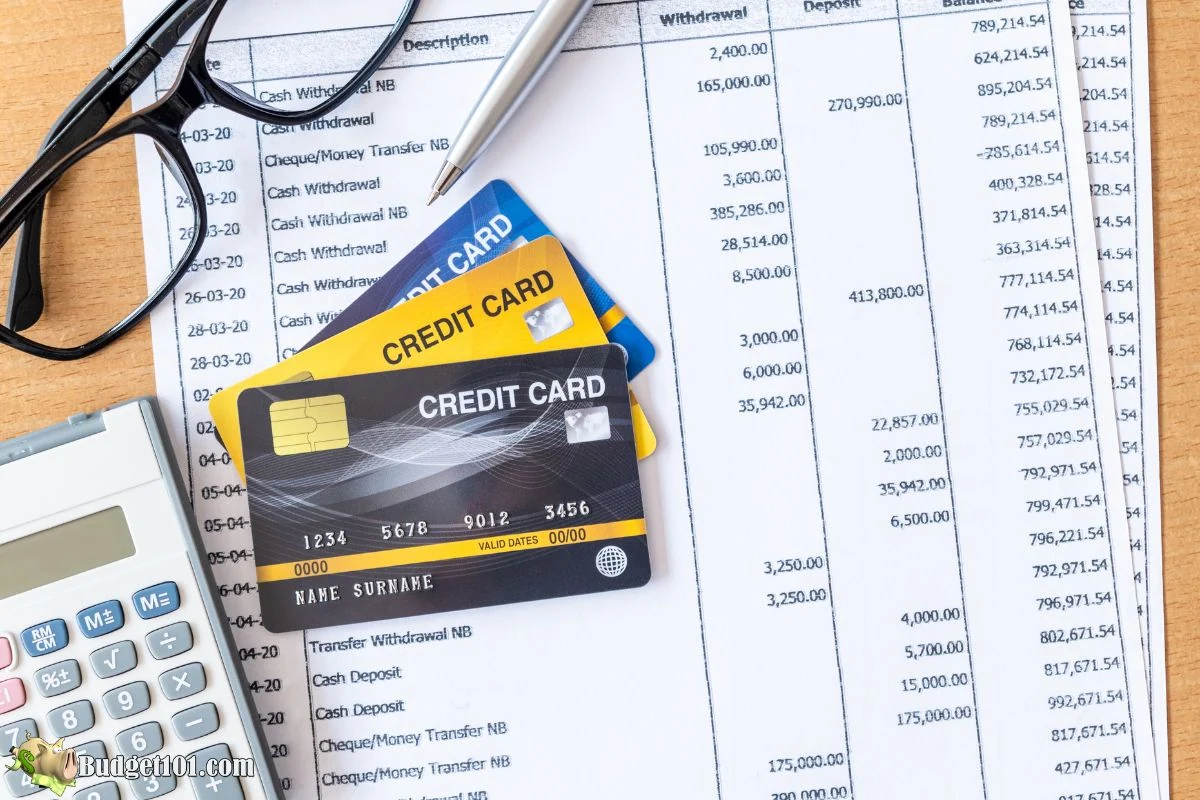
5 Balance Transfer
If you have good credit, you might qualify for a credit card with a 0% introductory APR on balance transfers.
Transferring your high-interest debt to such a card can give you a window of opportunity to pay down the balance without accruing additional interest.
But remember, don’t just shuffle debt around—make a plan to pay it down. Get more insights on how balance transfers work.
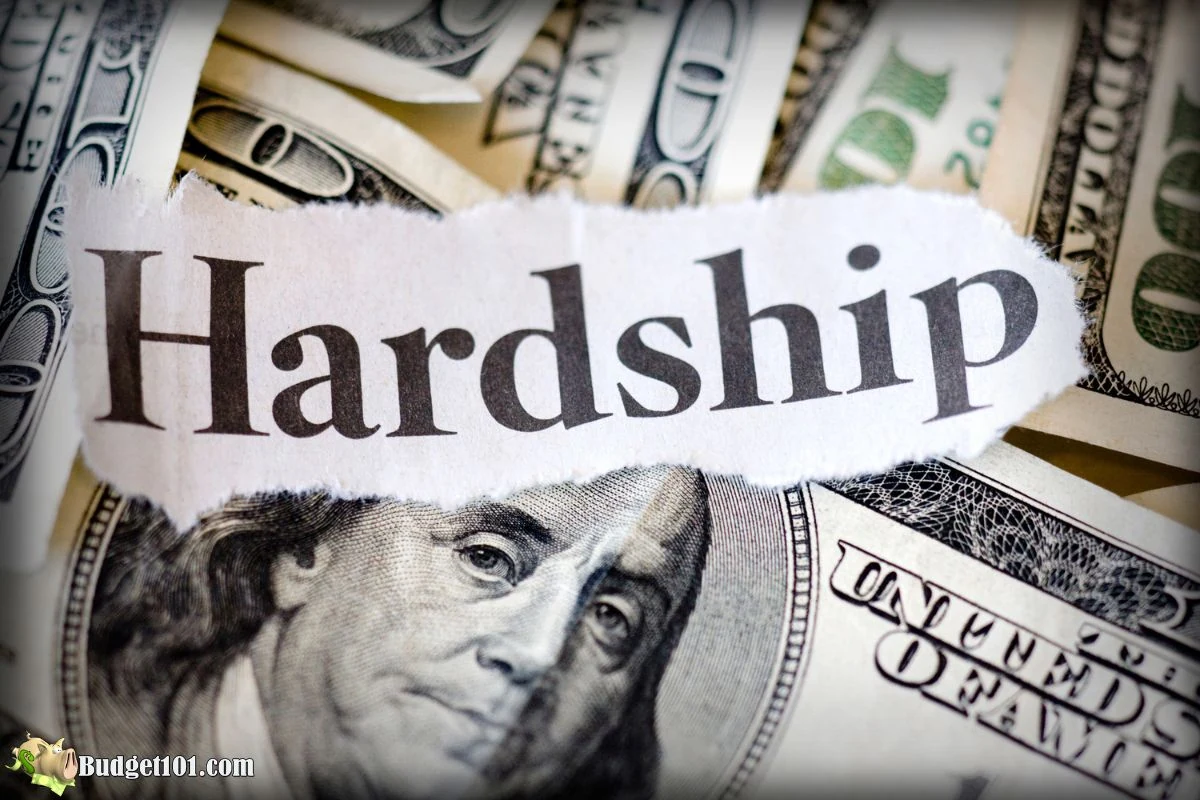
6 Hardship Programs
Many credit card companies and lenders offer hardship programs that can temporarily reduce interest rates, waive fees, or allow smaller payments if you’re experiencing financial difficulties.
These programs are not widely advertised, so you’ll need to contact your creditors to inquire. It’s like finding the secret menu at your favorite fast-food joint—who knew?! Explore hardship programs available.

7 Strategic Default
A strategic default is when you intentionally stop paying a debt because the asset involved (like a home or car) is worth less than the balance of the loan.
This can be risky and impact your credit score, but in some cases, it might be a calculated decision to regain financial stability.
Heads up: Only go this route if you’re playing the long game and willing to rebuild your credit later.
Understand the impact of strategic default on your finances.

8 Bankruptcy
While often seen as a last resort, bankruptcy is a legal tool that can offer a fresh start by discharging certain debts.
It significantly impacts your credit score and public record, but sometimes it’s the most viable option to reset your financial situation.
Fun fact: Even Abraham Lincoln declared bankruptcy, so you’re in good company.
Find out more about the bankruptcy process here.
Conclusion
Escaping debt isn’t just about finding a quick fix—it’s about creating a sustainable plan that sets you up for long-term financial stability.
Whether you’re considering debt settlement, exploring hardship programs, or thinking about strategic default, it’s crucial to weigh the pros and cons carefully.
Start by researching each option thoroughly and consider seeking advice from financial professionals who can guide you based on your specific situation.
Remember, every small step you take towards managing your debt brings you closer to financial freedom.
Love these 8 Surprisingly Legal Ways to Escape Debt? Pin it!
For more practical tips and personal finance advice, be sure to explore Budget101 for a wealth of resources.
Stay savvy, folks!

